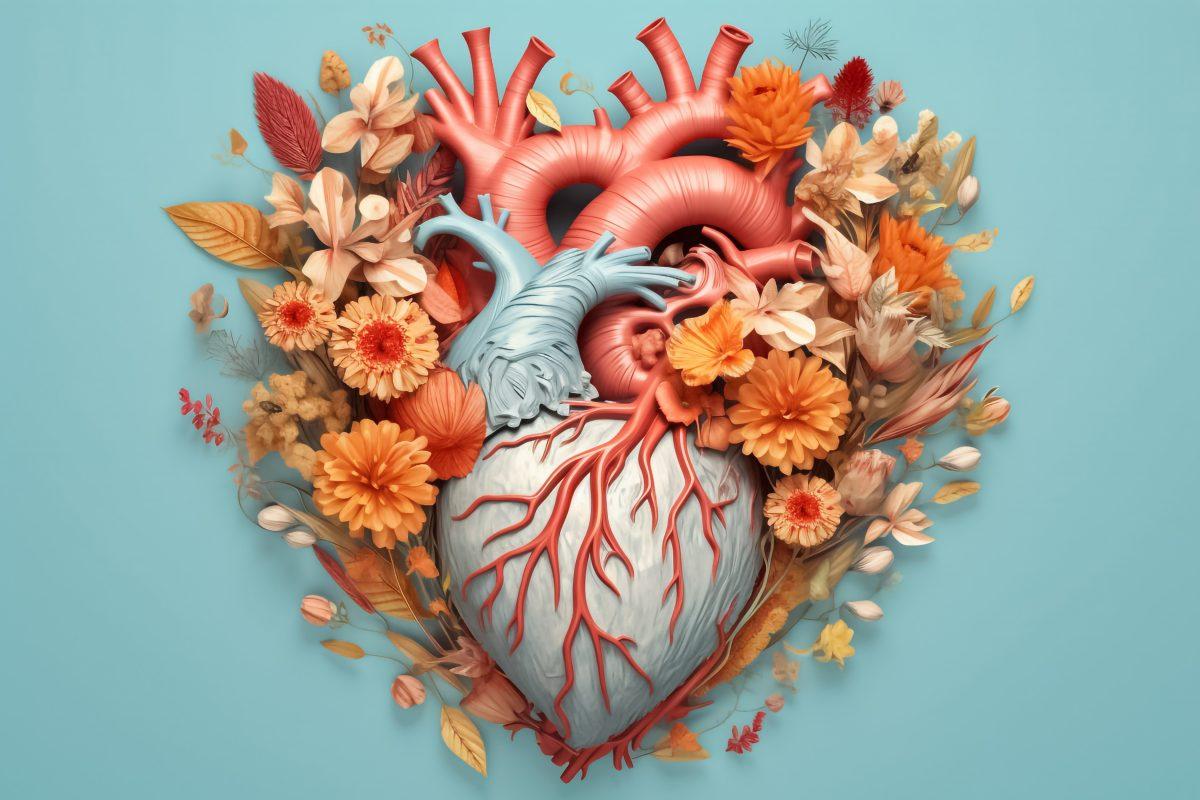“What team comprises a holistic approach to my cardiovascular disease?”
Allied health professionals play a vital role in supporting individuals with cardiovascular disease by providing specialised care and services that complement the work of cardiologists and other medical specialists. Cardiovascular disease refers to conditions that affect the heart and blood vessels, including coronary artery disease, heart failure, hypertension, and peripheral artery disease. Here are some allied health professionals who can assist people with cardiovascular disease:

Cardiac Rehabilitation Specialist: Cardiac rehabilitation specialists are trained to design and supervise exercise programs tailored to individuals with cardiovascular disease. They help patients improve their cardiovascular fitness, manage risk factors, and recover after cardiac events or surgeries.
Registered Dietitian or Nutritionist: Dietitians can provide dietary counseling to manage conditions like hypertension, high cholesterol, and obesity, all of which are risk factors for cardiovascular disease. They can help individuals adopt heart-healthy eating habits and manage their weight.
Cardiovascular Nurse: Cardiovascular nurses specialize in caring for patients with heart conditions. They assist in monitoring patients, administering medications, educating them about their conditions, and providing ongoing support.
Cardiac Sonographer (Echocardiographer): Cardiac sonographers perform echocardiograms, which are ultrasound tests that create images of the heart’s structure and function. These tests are essential for diagnosing and monitoring cardiovascular conditions.
Cardiovascular Technologist: Cardiovascular technologists assist in performing diagnostic tests and procedures, such as electrocardiograms (ECGs or EKGs) and stress tests, to evaluate heart function and diagnose cardiovascular conditions.
Psychologist: Coping with cardiovascular disease can be emotionally challenging. Cardiovascular psychologists can provide support, counseling, and coping strategies to help patients manage stress and improve their emotional well-being.
Occupational Therapist: Occupational therapists can help individuals with cardiovascular disease adapt their daily activities and lifestyle to reduce the risk of cardiovascular events and improve overall functioning.
Social Worker or Support Groups: Social workers can offer emotional support, connect patients with community resources, and provide information on support groups for individuals with cardiovascular disease.
Respiratory Therapist: For individuals with cardiovascular and respiratory conditions, respiratory therapists can assist in managing breathing problems and providing respiratory care.
Physical Therapist: Physical therapists can help with rehabilitation and mobility issues, creating tailored exercise programs to improve cardiovascular fitness and overall physical health.
The collaborative efforts of these allied health professionals, alongside cardiologists and other medical specialists, are essential in providing comprehensive care and support for individuals with cardiovascular disease. By addressing various aspects of the condition and promoting healthy lifestyle behaviors, allied health support can help improve outcomes and enhance the overall quality of life for those living with cardiovascular disease.